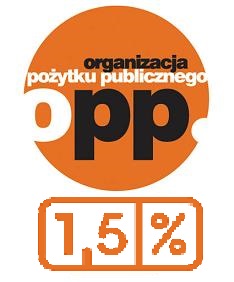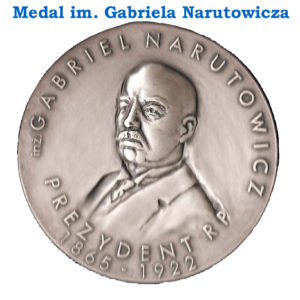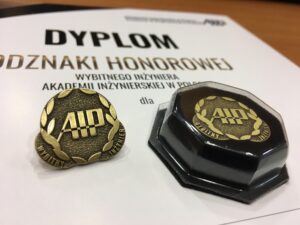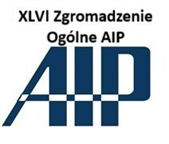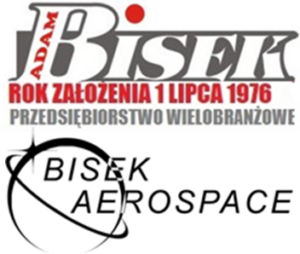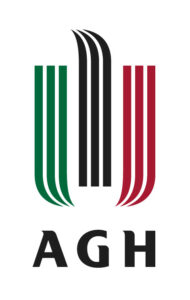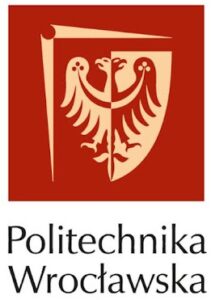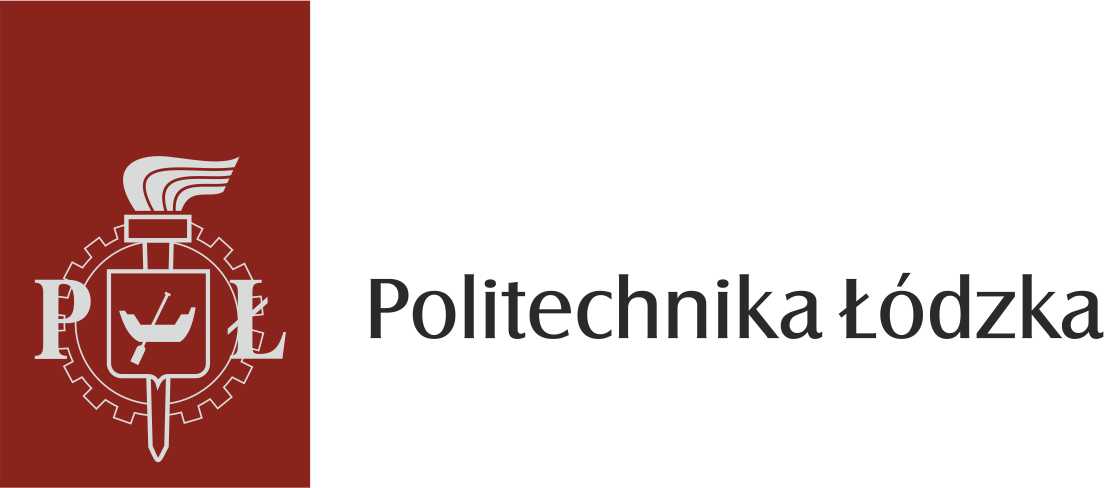W dniach 8 -11 września w Brisbane odbył się Zgromadzenie Ogólne i konferencja CAETS. Akademię Inżynierską w Polsce reprezentował prof. Janusz Szpytko (AGH).
Poniżej zamieszczamy relację z wydarzenia, a krótki fotoreportaż na naszym Facebooku.
CAETS 2025 Report, Brisbane, 8-11.09.2025
The Australian Academy of Technological Sciences & Engineering (ATSE) has been honored to host the 2025 Annual Conference of the Council of Academies of Engineering and Technological Sciences (CAETS). CAETS is an independent international organization of engineering and technological sciences Academies. This prestigious event did gather representatives from the 31 global CAETS Academies, bringing together exceptional leaders in technology, engineering, and applied science from around the globe, including the Academy of Engineering in Poland (AIP) from 2024 and the AGH University of Krakow. Ther principal partner of CAETS 2025 was The University of Queensland, Australia.
The CAETS 2025 Annual Conference has been focused on Generations. Generations was the central theme of CAETS 2025, focusing on shaping a sustainable future over the next 50 years through science, technology, engineering, and mathematics (STEM). The theme invites to reflect on past achievements, assess current challenges, and envision future innovations. The Conference have bring together exceptional leaders in technology, engineering and applied science from around the world, from over 30 of the world’s Engineering and Applied Science Academies, and research as well as higher engineering education institutions. It was a special event that did look back to move forward.
For more about the CAETS 2025 Annual Conference see: https://caets2025.org/
On September 9, 2025, CAETS Committee working groups meetings were held, in which the AIP representatives actively participated:
1.
CAETS Communications Committee, prof. Janusz Szpytko, AGH University of Krakow and AIP representative;
2.
CAETS Energy Committee; prof. Janusz Szpytko, AGH University of Krakow and AIP representative; online participation by prof. Sebastian Skoczypiec (AIP);
3.
CAETS Diversity and Inclusion; non representative of AIP;
4.
CAETS Engineering Education; non representative of AIP;
5.
CAETS Sustainability Committee; prof. Janusz Szpytko, AGH University of Krakow and AIP representative; online participation by prof. Tadeusz Czachrowski, ICT Data Centers;
A debate was also held on the possibilities of cooperation within the framework of the UNESCO and AIP.
On September 9, 2025, CAETS Council meetings were held, in which the AIP representative (Prof. Janusz Szpytko) actively participated. The meeting focused on current CAETS matters. Among other things, the schedule for the next CAETS conferences was adopted: 2026 Munich; 2027 Rotterdam; 2028 USA; 2029 Poland (Poznan); 2030 Slovenia; 2031 South Africa.
CAETS 2026: September 14–17, 2026, Munich, and will be focused on Earth observation empowers (from a distance Earth observation for monitoring, comprehension and change). In a world shaped by environmental change and rapid technological progress, Earth observation empowers to monitor our planet more effectively, understand complex systems, and drive meaningful action.
Prof. Janusz Szpytko from the AGH University of Krakow is the official representative of the Academy of Engineering in Poland for cooperation with CAETS and foreign academies.
CAETS 2025 Conference did focused on: Collaborative innovation (How multiple generations can bring their lived experience together to innovate and prepare for the future); Future technologies (What technological breakthroughs need to be scaled for future generations to meet their needs within the envelope of the earth’s natural resources); International collaboration (How greater international collaboration on challenges such as climate change forge new partnerships and industries).
The following sessions were held on September 10, 2025:
1.
Emerging technologies for global challenges (plenary session). How can current and future technological breakthroughs shape a sustainable future? This session has been divided into the role of scientific and technological discovery in combatting global challenges and shaping sustainable responses to intergenerational opportunities. The session have been cover artificial intelligence, quantum computing, big data, novel digital technologies and more. Enabling people
and their potential (concurrent sessions). This session showcases innovative educational and healthcare approaches to advance access, health and wellbeing for people in a rapidly changing world. Discussions will cover how we can use technology and innovation to make people healthier and living more enjoyable and productive lives.
2.
Responsible digital futures (concurrent session). As we navigate an era of rapid digital transformation, AI stands at the forefront, influencing every aspect of our lives. This panel focused on the global digital and data transition, highlighting modern digital technology’s pivotal role in driving innovation, and asking questions around sustainability and ethics. Participants focused also on key themes such as the integration of AI into existing infrastructures, the balance between technological advancement and ethical responsibility, and the challenges of mitigating biases and misinformation.
3.
Building global resilience and sustainability (concurrent session). This panel did examined global opportunities and vulnerabilities in sustainable development, resource management, supply chain and circular economy. Discussions have been focused on exploring frameworks for global resilience and the crucial role of international cooperation in ensuring security and sustainability across interconnected industries and economies.
4.
Climate tech collaboration (plenary session). An Asia-Pacific partnership for prosperity. This session did focused on ways to support equitable and innovative climate solutions in the region and globally. International collaboration will be critical to supporting the unprecedented transition to low carbon economies, and the response of the countries in our region to increasing climate impacts. Global sustainable technology and innovation solutions will shape new industries to adapt and bring safety to the region in a warmer future.
The 2025 CAETS Communication Prize has been awarded to the: Sustainable automotive technologies: a TUT case study; South Africa. 7 works were submitted for the 2025 CAETS Communication Prize competition, including one from Poland: Innovative technologies in the house of arts.
CAETS Strategy 2021 – 2026, CAETS’ Goals:
1.
Engineering and technology development are recognized as engines of economic growth, sustainable development, and societal well-being throughout the world.
2.
CAETS’ strong international network of engineering academies gives collective voice to its mission.
3.
CAETS’ initiatives strengthen the global engineering profession and its pipeline.
Done by: prof. Janusz Szpytko
Krakow, September 20, 2025


